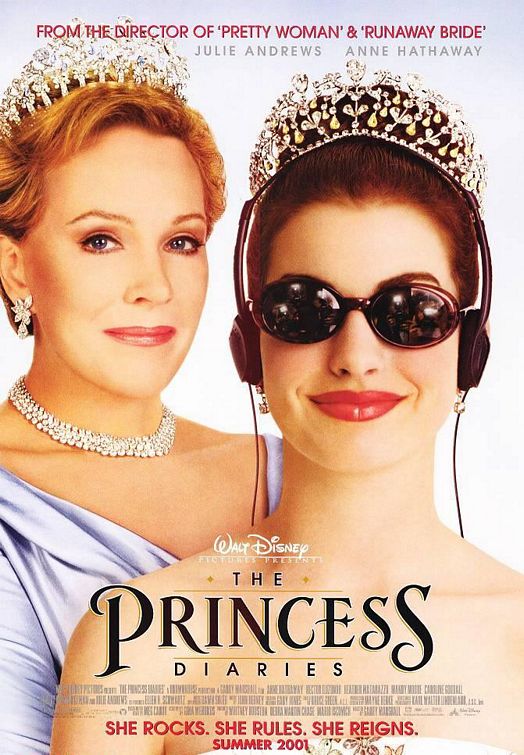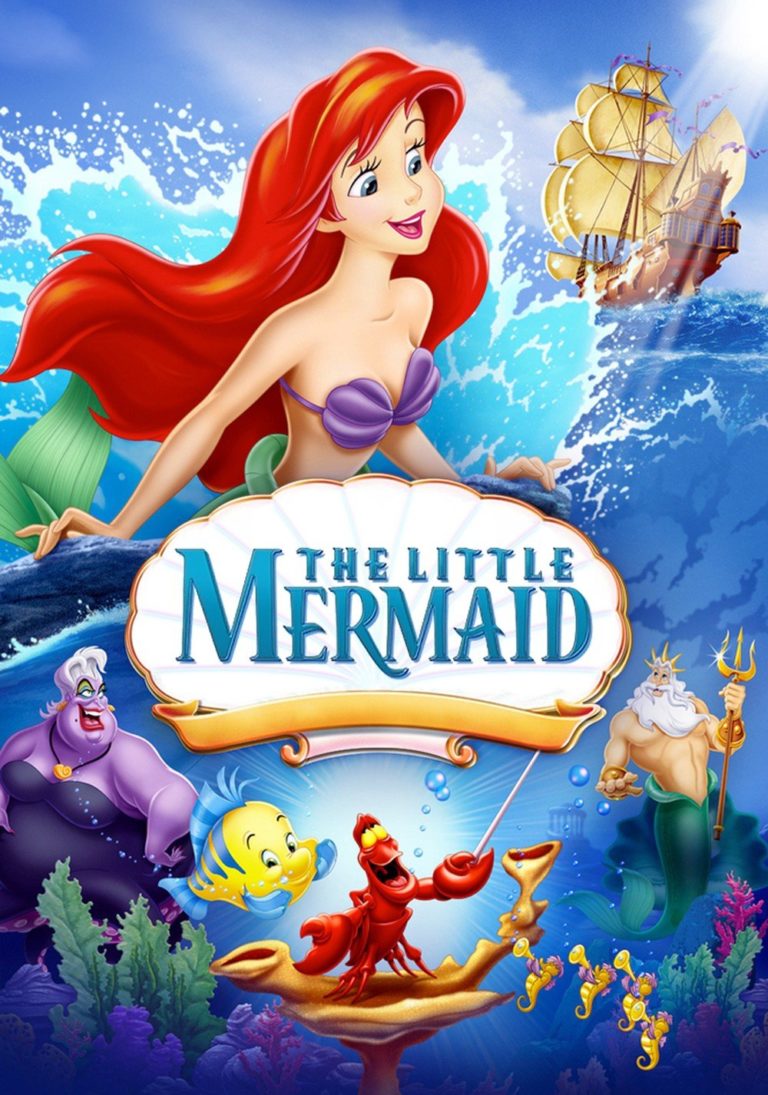
What Parents Must Know About Media Literacy vs. Media Wisdom
By Dr. Ted Baehr, Publisher
According to the Josephson Institute of Ethics, the most critical issue facing America today is the increasing immorality of our children. Much of that increase has been attributed to the negative influence of the mass media of entertainment. In response, there is an increasing call for media-literacy courses. This is encouraging. States are urging schools to offer media literacy courses, and prestigious universities such as Harvard even have departments of media literacy. However, the need is not for media literacy, but media wisdom-and there is a big difference between the two.
In the late 1970s, when I was director of the TV center at City University of New York, I helped develop the very first comprehensive media literacy course. We tested this course, “Growing with Television,” for two years. However, being a broad audience project, the course had severe limitations. It helped students understand how the media worked, both in terms of form and function, but it gave very little help in evaluating what they studied. Thus, a student may undertake a quantitative analysis and find that 60% of the crime victims on prime time TV are women, but because there was no moral standard, there was no way the student could evaluate whether this was good or bad.
Recently, a concerned Christian educator talked to me about a media-literacy course being given at a major Christian institution. The instructor of that media-literacy course, who had once been on the periphery of the rock scene, was showing movies such as FIGHT CLUB in his class to supposedly help the students understand entertainment. Some of those students said that they were initially shocked by this homoerotic movie, but later they became more tolerant of such movies after seeing more of these types of movies in the course.
I asked one of the students why he thought the instructor chose FIGHT CLUB. He said because it was a significant part of our culture. I noted that FIGHT CLUB did very poorly at the box office and that there were many other films that were more significant cultural indicators. I also noted that, with the tidal wave of product coming out of the entertainment industry, wisdom would indicate that you focus on the best, or at least the most successful.
I then asked what were the credentials of this professor at this Christian institution. The response was that he had been an assistant for a nearly forgotten rock group. Now, this former rock denizen may be a great teacher, but appointing him to teach media literacy indicates a fundamental flaw in the Christian education system–not the least of which was a strange fascination with those on the far periphery of secular fame.
Let’s look at an analogy to books. There are more books being printed now than ever before in history. To be truly literate, however, you would want your children to concentrate on the great books, in spite of the politically correct movement to include anything in literacy from comic books to Sunday supplements. Of course, that requires determining absolute, verifiable standards which can help you develop a canon, or accepted body, of great literary works.
In doing that, you must be careful that your criteria helps you to make distinctions that really and truly make a difference. A distinction without a difference makes no difference at all.
For example, just because a crime novel deals with serious issues of life and death doesn’t mean that it has anything valuable to say. There are plenty of modern crime novels dealing with serious issues like this, as there are many crime films which do the same thing. Some crime novels aim higher than others, however, and deal with serious issues in such a way as to ennoble the human struggle and enrich the human spirit, rather than demean the human struggle and dehumanize the human spirit.
Thus, for instance, the infamous SILENCE OF THE LAMBS is clearly a case of the latter, but the crime fiction of Raymond Chandler is clearly a case of the former. Of course, Victor Hugo’s LES MISERABLES, which is itself a sort of crime novel, surpasses both, because it has the Gospel of Jesus Christ as its central focus.
If you look hard enough, you can find spiritual and redemptive values in almost anything, but it is more important to look for how those values are expressed and, ultimately, what the worldview, theme and moral of the literary work is. By analyzing the worldview, theme and moral of the media literature, you can discern whether the work is primarily spiritual or something else and, more importantly, whether the literary work is redemptive and sanctified or demeaning and immoral. Thus, it is important to choose wisely before selecting a work for analysis, especially at Christian institutions.
It is now a scientific fact that movies and television are so pervasive and so hypnotic that they can desensitize and even negatively influence the viewer, even to the point of rejecting biblical truth and committing bloody murder.
Therefore, the following two questions arise: Do we want the next generation of pastors coming out of our Christian institutions to be desensitized, or, even worse, negatively influenced by antibiblical scripts of behavior that will hurt them or others? Do we want them to be trained by people who lack the appropriate wisdom to make distinctions which really and truly make a difference?
If we agree that the answer to these questions is a resounding “No!”, then we should call upon churches, Christian schools and colleges to teach media wisdom, not just media literacy.
To learn how to do just that, read THE MEDIA WISE FAMILY and THE CULTURE WISE FAMILY and get a subscription to MOVIEGUIDE®, which puts media wisdom into practice. Build upon these critical theological tools so that we may indeed completely fulfill the words of Jesus Christ in Matthew 28:19 to “make disciples of all nations.”
*Editor’s Note: Dr. Tom Snyder, Editor of MOVIEGUIDE®, contributed to this article.
Questions or comments? Please write to us here.


 - Content:
- Content: 

